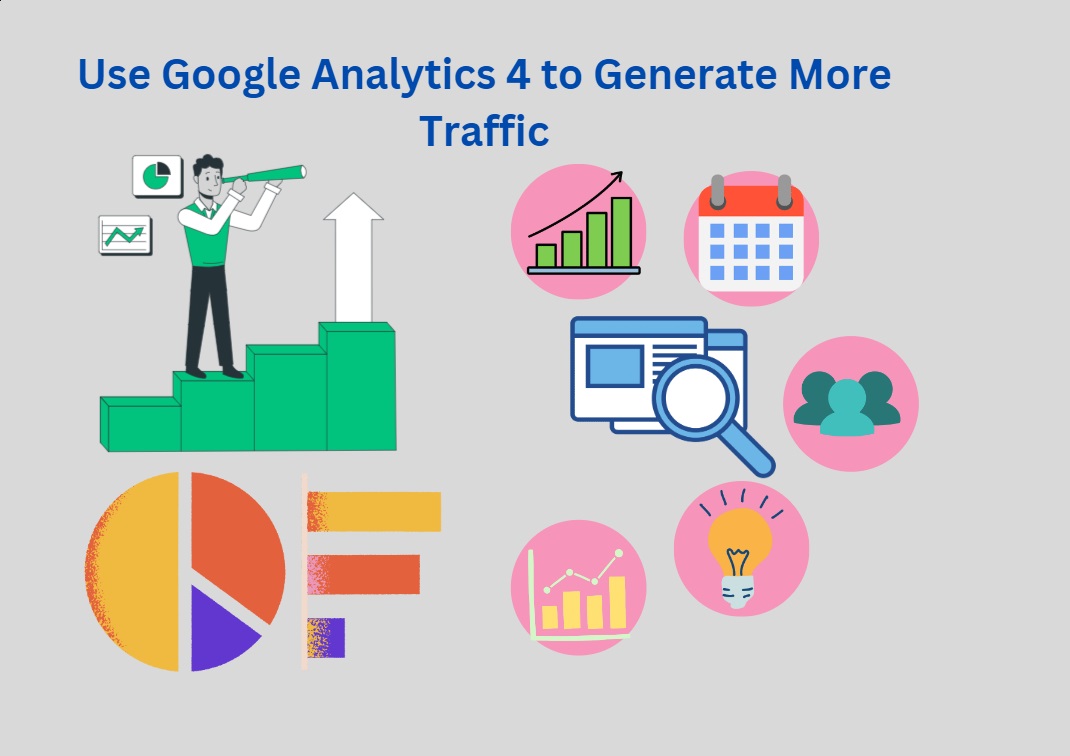Digital Transformation: IDC Survey Reveals Digital KPI Shift
Global technology research company IDC has recently released its 2020 top 10 digital transformation predictions for Australia – specifically looking at the Australian market through to 2025. One of the trends detailed in the report is the shift from digital transformation technologies to underlying organizational structures and innovation ecosystems. Specifically, 35% of businesses are expected to adopt digital KPIs.
This adoption of digital KPIs will help businesses in the way that they measure success, and will allow them to further evaluate the success of their digital transformation projects. The combination of traditional business success metrics and digital KPIs will also help deliver more insight into company leadership.
Digital Transformation Shifts
According to IDC, digital transformation refers to “transforming decision making with technology”. Essentially, it means to improve performance within the organization with new structures and systems that will provide innovative and creative solutions. By 2021, IDC predicts that digital transformation spending will increase by 45% from today, with the biggest portion of spending going towards data intelligence and analytics.
With the shift towards digital transformation, IDC also states that it’s integral for company culture to be incorporated within the business for digital transformation projects to be successful. IDC has emphasized that company culture is a crucial factor in digital excellence, and in the future about half of the leaders of Australian organizations are expected to have mastered traits that are fundamental to digital leadership.
Increased Collaboration
With the implementation of digital KPIs, IDC has also stated that an effect will be increased collaboration amongst partners and their competitors. Predicted to take place in 2022, collaboration – also known as digital co-innovation, is expected to drive the growth of customer lifetime value.
In the world of digital transformation, it will be increasingly difficult for businesses to innovate alone. Hence, businesses will be more inclined to work together through co-innovation to share risks, rewards, and the development of plans. Digital co-innovation is expected to bring with it a multitude of benefits including higher customer satisfaction and a blend of fresh perspectives and skills.
Digital Economy
According to IDC, with digital transformation also comes a digital economy. IDC’s Chief Research Officer Meredith Whalen states, “In just a few short years, IDC forecasts that nearly half of all GDP worldwide will come from products and services offered by digitally transformed organizations.” During that time, businesses must define their new role by addressing customer requirements and continuing to innovate and build resilient digital IT infrastructures.
The rise of a digital economy also means that businesses need to have a solid digital marketing strategy in place. Implementing the right digital strategy will not only help in reducing operational costs, but it’ll also help businesses find more customers and seize opportunities.
Skill Shortages
Having access to digital talent and capabilities will be a critical factor in the success of digital transformation projects, according to IDC’s predictions. In the years to come, IDC has stated that skill shortages will be a key challenge for businesses. Those that would be successful are businesses that have already started to invest in building both technical as well as business skills.
In years to come, IDC mentioned that the role of IT service providers will also shift from a transactional one to more of a collaborative one. With this shift, these providers will help to provide unique resources to support the customer’s journey. Hence, businesses need to acquire employees with the skills that will help meld the two together, and both transform core operations while strengthening business agility.
Final Thoughts
With the digital KPI shift, a digital transformation is no longer an option for most companies. Most businesses are now hurtling towards their digital futures and making investments to position them for success. Leaders also have to be forward-thinking so that they don’t’ get left behind during the shift.
While there’s much to be excited for, there are also plenty of challenges that await businesses in the digital economy. Being able to navigate the many challenges that the new era of technology and innovation poses, will put any business at an advantage, and at the forefront of digital transformation.
Image Credit: Unsplash











